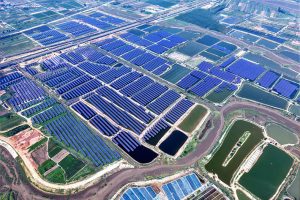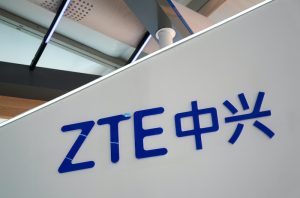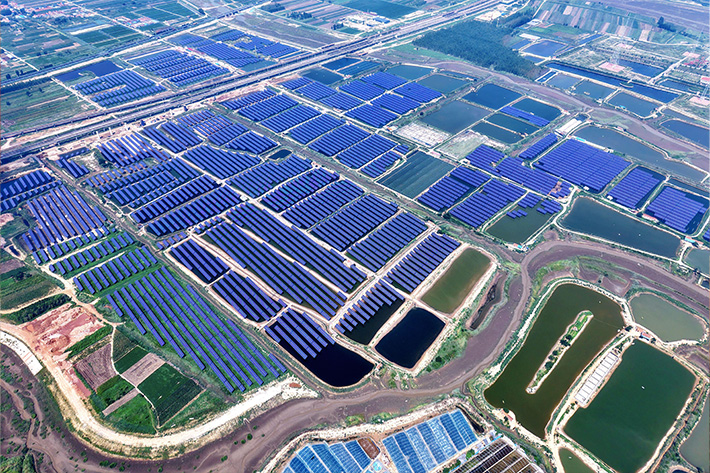The United States plans to impose wider sanctions on the sale of computer chips and other goods to Russia, sources said late on Tuesday.
The Biden Administration may announce the move on Wednesday, they said, adding that their goal will be aimed at third-party sellers in China.
The moves are part of a prolonged and broad push by the US to respond to Russia’s efforts to circumvent Western sanctions and choke off its war effort against Ukraine.
ALSO SEE: Exodus of Foreign Judges in Hong Kong Upsets City CEO
The administration will announce it is broadening existing export controls to include US-branded goods, not just those made in the United States, the sources said. It will identify certain Hong Kong entities it says are shipping goods to Moscow.
The White House and Commerce Department had no immediate comment on the changes. White House spokesperson John Kirby told reporters earlier on Tuesday that Washington would announce new sanctions and export controls against Russia.
The news came as US President Joe Biden prepared to depart early on Wednesday for a summit in southern Italy with leaders from other Group of Seven democracies.
One of the top priorities for the G7 leaders is boosting support for Ukraine, now in the third year of resisting Russia’s invasion, and disarming the Russian war machine, one of the sources said.
Frustration over China-Russia trade boom
US officials have expressed growing frustration about China’s burgeoning trade with Russia, which they say is allowing Moscow to keep arming its military.
Exports from China and other countries of machine tools and other manufacturing equipment are helping it to produce weapons it previously imported, two sources familiar with the matter said.
Changes are needed to broaden the definition of US goods covered by the export controls, they argue, given that Moscow has now shifted its entire economy to focus on the war.
Daleep Singh, White House deputy national security adviser for international economics, told the Center for a New American Security last week that Ukrainian President Volodymyr Zelenskiy was to meet with G7 leaders to underscore the dire situation facing Ukrainian forces in their battle against Russia.
Washington is also poised to announce significant new sanctions against financial institutions and non-banks that are part of the “technology and goods channels” that are supplying the Russian military, the sources said.
Imports barred over ‘forced labour’
Meanwhile, the US has added three more companies to a list that bars imports from firms allegedly involved with Uyghur forced labour in western China, according to a US government notice posted online on Tuesday.
The latest targets include shoe manufacturer Dongguan Oasis Shoes Co, electrolytic aluminium maker Xinjiang Shenhuo Coal and Electricity Co and food processor Shandong Meijia Group Co, also known as Rizhao Meijia Group, the Department of Homeland Security (DHS) notice said.
“Through these actions, DHS is increasing its focus on seafood, aluminum, and shoes – sectors that play an important role in Xinjiang’s economy – and ensuring goods made with forced labour are kept out of the US market,” the department said in a separate statement.
Scores of companies have been added to the Uyghur Forced Labor Prevention Act Entity List, which restricts the import of goods tied to what the US government has characterized as an ongoing genocide of minorities in western Xinjiang region.
US officials say Chinese authorities have set up labour camps for Uyghurs and other Muslim minorities in Xinjiang. Beijing denies any abuses.
Asked to comment on the latest move, Chinese embassy spokesperson Liu Pengyu called allegations of forced labour in Xinjiang “nothing but an egregious lie propagated by anti-China forces and a tool for US politicians to destabilize Xinjiang and contain China’s development.”
- Reuters with additional editing by Jim Pollard
NOTE: Additional text (on firms accused of using forced labour) was added to this report on June 12, 2024.
























